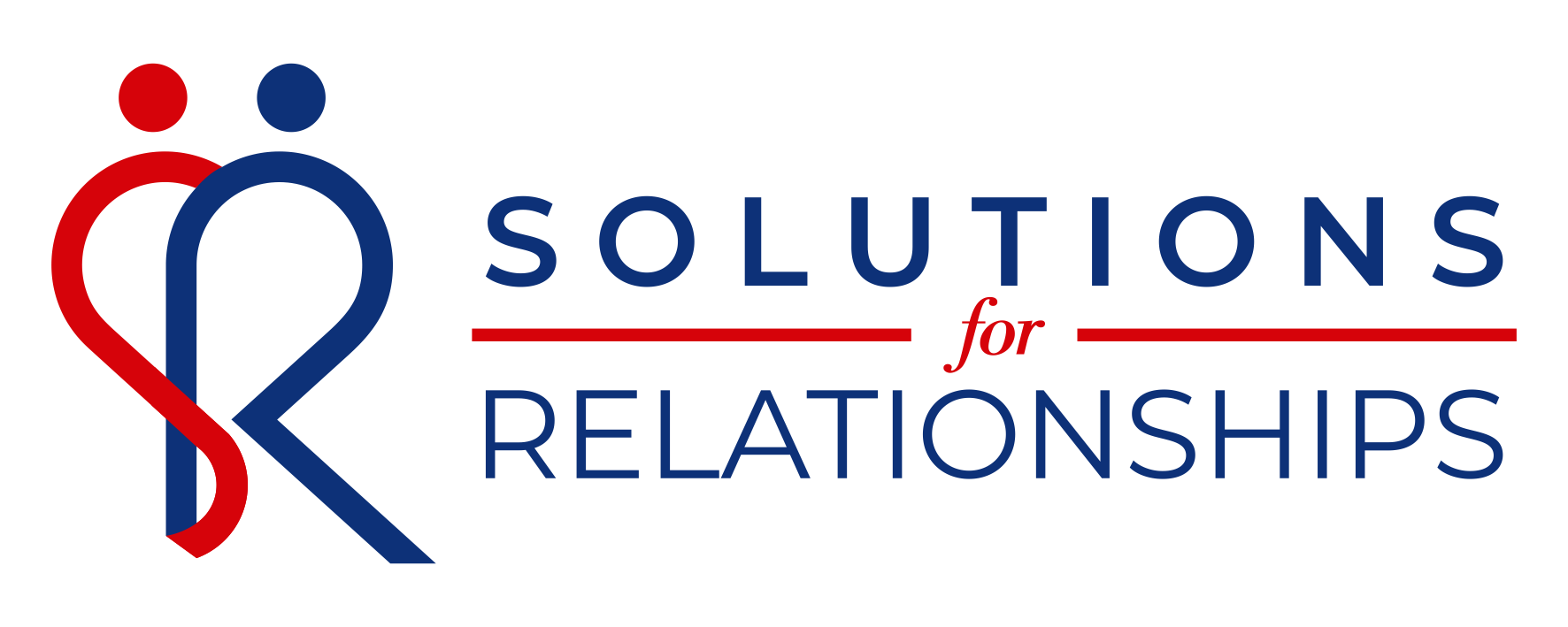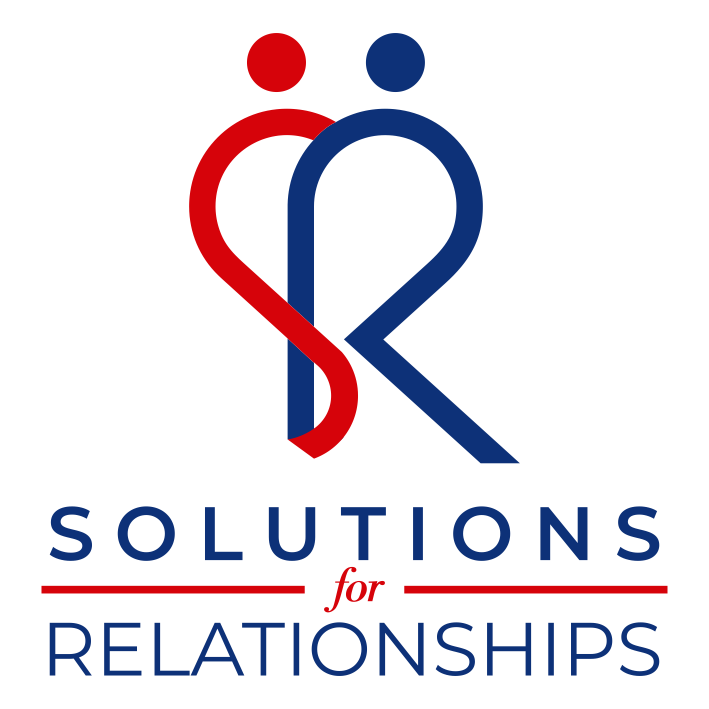Family Counseling
Are you going through a transition that has made family life more stressful? Do you feel stuck in repeating patterns of hurtful behavior affecting family members sense of closeness and emotional wellbeing? Are you feeling overwhelmed, sad or angry, and not sure what to do for the best?
If you answered “yes” to any of these questions, then family therapy could be the solution you’ve been seeking
Family life isn’t always easy…
Family dynamics are complicated. They are constantly changing and evolving over time as the family’s circumstances naturally change. All kinds of changes can make family life more stressful, such as an illness, unemployment, a relocation, a new addition to the family, getting older, divorce, loss of a loved one, or some stressful life event.
Some families find their own ways to manage these changes, and some families find it much harder, for all kinds of reasons. Family therapy can help families when they’re feeling overwhelmed, sad and angry; when they’re not sure what to do for the best; or when they feel stuck in repeating patterns of hurtful or harmful behavior.
Family therapy enables family members to express and explore difficult thoughts and emotions safely, understand each other’s experiences and views, appreciate each other’s needs, build on family strengths, and work together to make useful changes in their relationships and their lives.
Research has shown that family therapy is useful for families and relationships that are facing all kinds of difficulties and experiences, and want help:
- Building closer and happier relationships.
- Facing special challenges like alcoholism, mental illness, physical illness, bereavement, eating disorders, ageing, family conflicts, cultural adjustments, trauma, etc.
- Due to concerns about their children’s behavior including adult children.
- Forming as a family following the fostering or adoption of a child.
- To talk about difficult things together in a way that’s safe, open, creative and useful.
- Separating and divorcing, as well as forming new stepfamilies in a way that focuses on the children’s needs and emotional well-being.
No matter what stage of life your family is going through, family therapy can be among the best choices you can make to help you work together toward meaningful change.
How do I know when it’s time for my family to see a family therapist?
Our clients typically reach out to us because they are having trouble managing their interactions, or a member of the family often feels angry, sad or anxious. Therapy can help families understand how their relationships work as a unit and how those relationship dynamics impact the family’s response to everything from major life events to simple tasks of daily living.
What happens in family therapy?
As a family therapist I aim to help everyone feel safe so they can talk about their difficult thoughts and feelings, understand each other’s experiences and appreciate each other’s needs without anyone feeling blamed. Here are some of the things that as family therapist I might do with a family:
- Talk about each person’s hopes for their family.
- Encourage everyone in the family to talk about their experiences and to listen to everyone else.
- Respect and clarify each person’s beliefs, values, needs, hopes and assumptions to help them understand each other better.
- Help families to stop blaming each other and to begin exploring how everyone can work together to make things better.
- Help people to understand the effect their words and actions have on everyone else in the family.
- Explore what each person in the family does well and what they are most proud of.
- Draw a kind of family tree, called a genogram, to help people think about the different relationships in their family.
- Help families to talk about the challenges they are facing.
- Support families as they work towards their own goals.
Some positive family therapy outcomes are:
- Reclaim emotional connectedness and a sense of cohesion among family members.
- Improve communication with increased empathy and understanding.
- Understanding of family patterns and dynamics.
- Manage family conflicts, increase cooperation and improve problem-solving.
- Develop a sense of direction and control and feel confident in managing current difficulties.
Do you see young people or parents individually?
Yes. As a family therapist, I see children and parents on their own and offer a mixture of individual and family appointments. In addition, I may work with the couple for separate sessions.
 Why use a Marriage and Family Therapist?
Why use a Marriage and Family Therapist?
While most mental health professionals see families, Marriage and Family Therapists are mental health professionals specifically trained in psychotherapy and family systems and are licensed to diagnose and treat mental and emotional disorders within the context of marriage, couples and family systems. They evaluate and treat mental and emotional disorders, behavioral problems, and address a wide array of relationship issues within the context of the family system.
How long does it take?
I help families to talk about their best hopes and to work towards their own goals and preferred outcome as a family. Sometimes it only takes a few sessions to help a family get unstuck and find their way. Sometimes difficulties are more complicated and families may need longer to find the solutions that work best for them.

